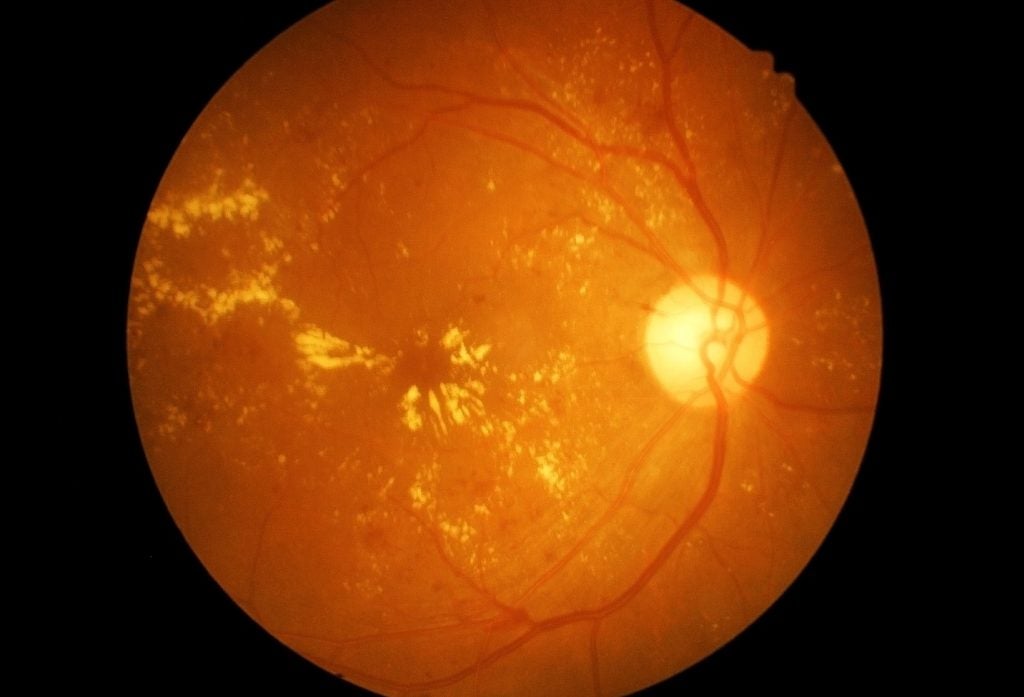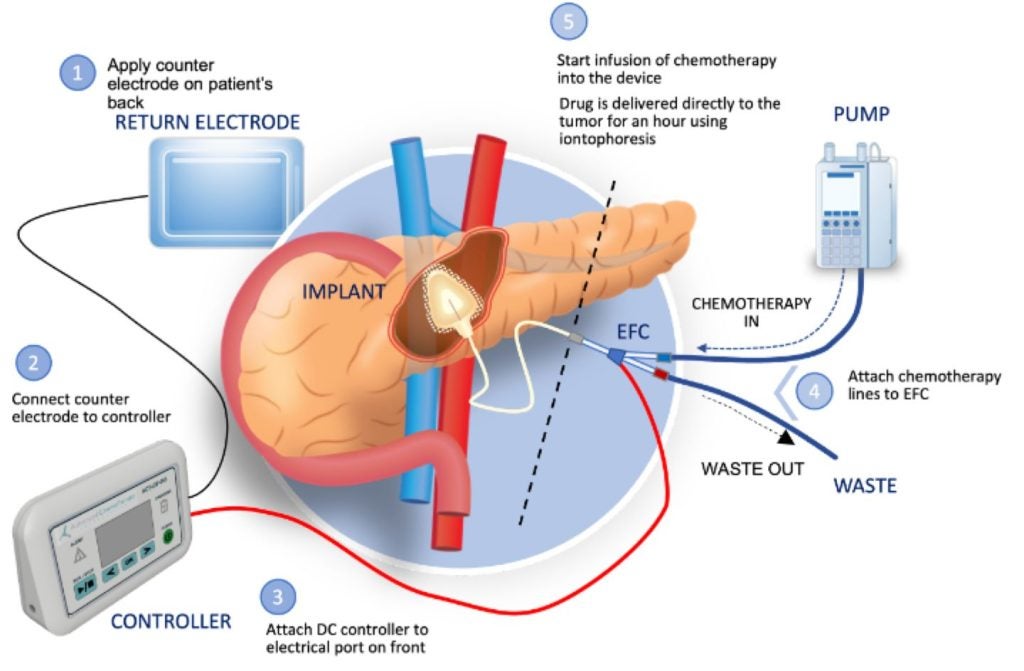Switzerland-based Alcon’s dry eye disease drug AR-15512 achieved primary endpoints in two Phase III trials, COMET-2 and COMET-3.
In light of the positive data, the company plans to file for a new drug application (NDA) for AR-15512 with the US Food and Drug Administration (FDA) in mid-2024, as per a 9 January press release.
The vehicle-controlled Phase III COMET-2 (NCT05285644) and COMET-3 (NCT05360966) trials enrolled more than 930 patients, aged 30 years and older, with dry eye disease.
The studies met their primary endpoints with a significant proportion of the patients in the treatment arm demonstrating at least a 10mm increase in unanaesthetised Schirmer’s score at day 14. An increase of 10mm or more in Schirmer’s score signifies normal tear production.
The participants in the AR-15512 treatment arm also showed rapid onset and sustained tear production compared to the vehicle. The changes in tear production were observed on the first day and persisted for the whole 90-day study duration.
Alcon noted that AR-15512 was well tolerated, with no serious ocular adverse events being reported during the trials.
AR-15512 is a transient receptor potential melastatin 8 (TRPM8) agonist. TRPM8 is a cold-sensing receptor located in the cornea and eyelid and can potentially relieve symptoms of dry eye disease. It was added to Alcon’s portfolio following the $930m acquisition of Aerie Pharmaceuticals in November 2022.
The acquisition also included marketed ophthalmic drugs such as Rocklatan, a netarsudil and latanoprost ophthalmic solution; and Rhopressa, a netarsudil ophthalmic solution. Both of these drugs are indicated for the reduction of elevated intraocular pressure (IOP) in patients with open-angle glaucoma or ocular hypertension.
The dry eye disease market is forecasted to generate $11.1bn in sales across the seven major markets in 2028, as per GlobalData analysis.
GlobalData is the parent company of Clinical Trials Arena.
Another late-stage drug being developed as a treatment for dry eye disease is Aldeyra Therapeutics’ reproxalap. The drug had a mixed bag of results as it demonstrated significant improvement in the Schirmer test in both Phase III TRANQUILITY (NCT04674358)and TRANQUILITY-2 (NCT05062330) trials but failed to meet its primary endpoint of reduction in conjunctival redness in the Phase III TRANQUILITY trial.
In November 2023, the FDA rejected the reproxalap’s NDA and requested additional data to show the drug’s efficacy.
















